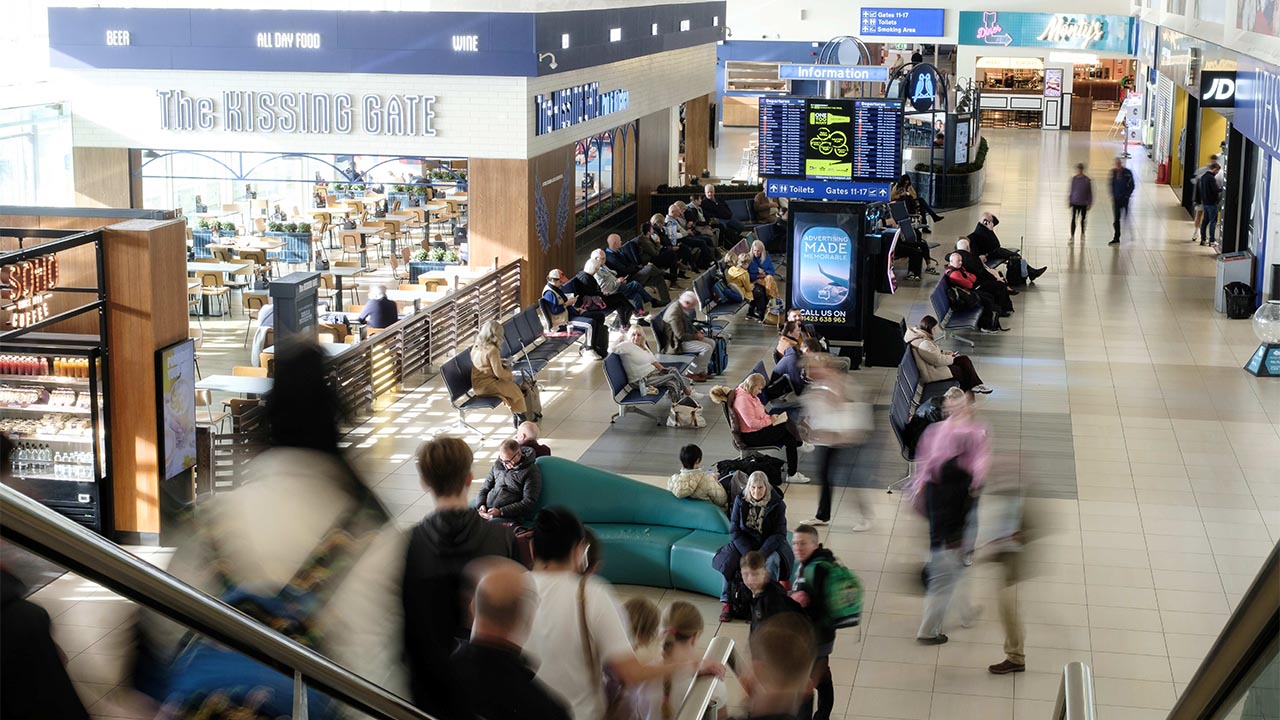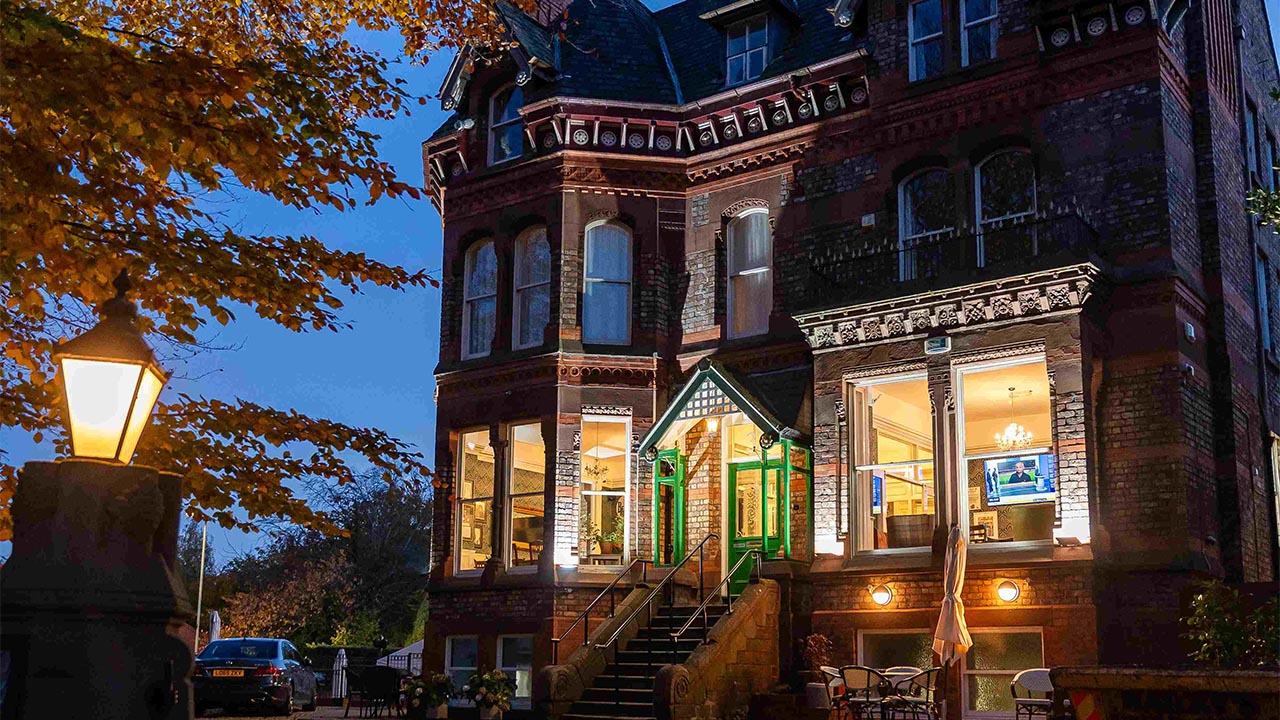In this social housing speed read we update you on the progress being made on the Renters’ Rights Bill, following the passing of the second reading in Parliament on 9 October 2024.
We gave an overview of Renters’ Rights Bill last month, when it was introduced to Parliament by the new Labour government. That speed read can be accessed here. In this speed read we take a closer look at the Decent Homes Standard (DHS) and Awaab’s Law.
Decent Homes Standard
The DHS sets a minimum standards for social housing. The government have previously consulted on extending this to the private rented sector, and are set to consult on this again. If implemented, it would require many landlords, both social and private, to make improvements to their properties, if they do not already meet minimum standards in relation to state of repair, facilities, and heating and insulation.
Under the Renters’ Rights Bill, failure to comply with the DHS will be enforced by Local Authorities, who will have powers to serve notices requiring the failure to be remedied within a specific timescale, and to issue civil penalties of up to £7,000. There is also provision for a failure to comply to be escalated to a criminal charge.
Awaab’s Law
Awaab’s Law was introduced following the death of 2 year old Awaab Ishak, caused by long term exposure to mould in his social rented home. The Law aims to improve damp and mouldy rented homes, although it is not yet enforceable. The Renters’ Rights Bill will enforce this, in both the social and private rented sectors.
Under Awaab’s Law, if a tenant raises concern around damp and mould, landlords must investigate and provide a report on the issue within 14 days. The timeframe for work to remedy a hazard to begin varies depending on its severity. For emergency repairs, landlords have just 24 hours, for significant risks they have 7 days and for all other repairs, they must act within a reasonable timeframe. Failure to meet these timeframes could result in tenants taking their landlords to court.
Impact on Social Housing Landlords
These changes are expected to put a strain on the resources of landlords. Landlords may therefore wish to improve their properties now, to avoid being overburdened with reports of non-compliance from tenants, once the Bill is enacted. Landlords can prepare by:
- Modernising kitchens which are more than 20 years old, and bathrooms which are more than 30 years old.
- Repairing or replacing components which are in a poor condition, such as rooves, windows and plumbing systems.
- Improving insulation and central heating within the property.
- Identifying and addressing underlying causes of damp and mould.
Addressing the above concerns now will reduce the need for landlords to remedy such issues next year, when the Bill is anticipated to be enacted.
If you have any questions about these prospective changes or if you would like any advice on how to best prepare your business, please do not hesitate to contact one of our expert Social Housing lawyers.
This article first appeared on https://www.wardhadaway.com/insights/updates/social-housing-speed-read-progression-of-the-renters-rights-bill/








